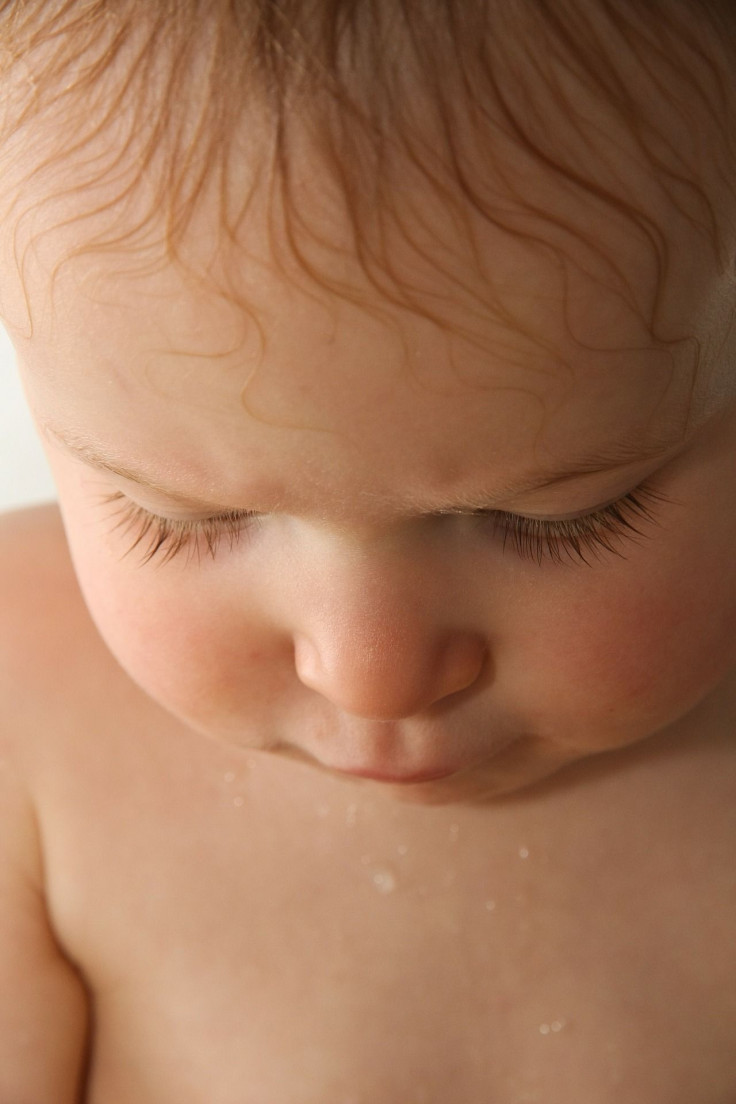Happy Mothers With Supportive Partners Have Less Fussy Babies With Lower Rates Of Colic

Dads, if you want a happy baby, then you better keep your wife happy. A new study says that mothers who are happier tend to have less fussy babies. Researchers at Penn State College found that mothers who are happy in their relationships and receive a lot of social support have a decreased risk of having infants with colic.
In the study, first-time moms reported their relationship happiness, general social support and how much support they received from partners in taking care of their babies. Researchers looked at these indicators during pregnancy and one month after birth for roughly 3,000 women between 18 and 35 years old.
About 11.6 percent of participants reported having babies with colic. The results determined that the happier a woman was in her relationships, both during and after pregnancy, the less fussy her baby was. Surprisingly, researchers found that this was true even for women who had postpartum depression and whose partners were not the babies’ biological dads.
"Maybe the baby cries less if the mom and dad are happier," study co-author Kristen Kjerulff, professor of public health sciences at Penn State, said in a statement. Although Kjerulff also said that mothers in happy relationships may not view the crying negatively and therefore not report it as colic.
However, single mothers who had a lot of social support also had babies that were less fussy, showing that you don’t need a husband to have a happy baby.
"If you don't have a partner you can still have lots of social support, lots of love and lots of happy relationships, and all of that's going to be better for the baby," Kjerulff said. "Love makes a difference."
According to the Mayo Clinic, colic isn’t a sign of medical problems as it can occur in happy, healthy babies. Babies who cry three hours a day, three days a week for more than three weeks are considered to have colic. While there is nothing you can to do stop the crying, the hospital says it is typically short lived and ends within a few weeks or months.
See Also:



























